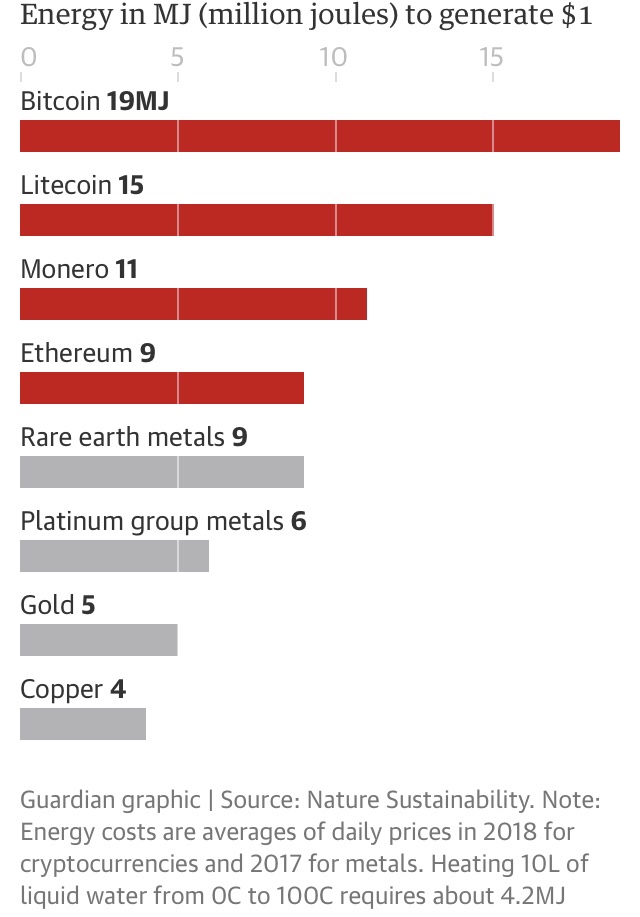The United States Elects More Scientists and Women to House and Senate
After Tuesday’s election, Congress will add 9 new scientists to its ranks along with a record number of women. (Link) (Link)
 Source: Center for American Women and Politics at Rutgers University, NPR analysis of 2018 results. Credit: Danielle Kurtzleben and Alyson Hurt/NPR
Source: Center for American Women and Politics at Rutgers University, NPR analysis of 2018 results. Credit: Danielle Kurtzleben and Alyson Hurt/NPR
Cigarette Smoking In the US Reaches Record Low
The percentage of US adults who smoke cigarettes has reached a record low of 14%. This is down from 67% in 1965. (Link)
Fifth Form of Matter Created in Space Laboratory
The fifth form of matter is known as Bose-Einstein condensate which forms at temperatures near absolute zero. Atoms stops behaving as individuals and they all vibrate in unison. Scientists recently made some of this matter inside a rocket in space so they could study it longer. In Earth-based labs, the material falls to the bottom of its container and breaks apart. (Link)
 Image Credit: Brian Kenney/Shutterstock
Image Credit: Brian Kenney/Shutterstock
Swiss Billionaire Will Spend $1 Billion to Protect 30% of the Planet
Hansjörg Wyss, a Swiss-born philanthropist, will spend $1 billion to start the Wyss Campaign for Nature with the goal of protecting 30% is the planet’s surface by 2030. To read his New York Times op-ed, click here: Link
 Image Credit: Mattias Rebak
Image Credit: Mattias Rebak
Bitcoin “Mining” Uses More Energy than Actual Mining on a Per Dollar Basis
Cryptocurrency “mining” involves using computers to solve complex algorithms to generate cryptocurrencies and verify accuracy of the block chain. The energy used to generate $1 in value of Bitcoins is greater than the energy used to generate $1 in value of actual metals such as gold, copper and platinum. (Link)

Water Worlds Found to Be Very Common Throughout the Universe
A Harvard team studied the presence of watery exoplanets (planets that exist outside our solar system) and determined that water covered planets could be quite common:
“…although water appears to be precious and rarer on Earth and other inner solar system terrestrial planets, it is in fact one of the most abundant substance in the universe…” “Based on the team’s modeling, up to 35 percent of known planets might be water worlds. That could mean the coming years will lead to the discovery of a whole lot of exo-oceans — and a whole host of new questions.” (Link)
 Image Source: NASA
Image Source: NASA
News for the Week is posted every Friday. Click here for last week’s news.

Some good news this week!
LikeLiked by 1 person